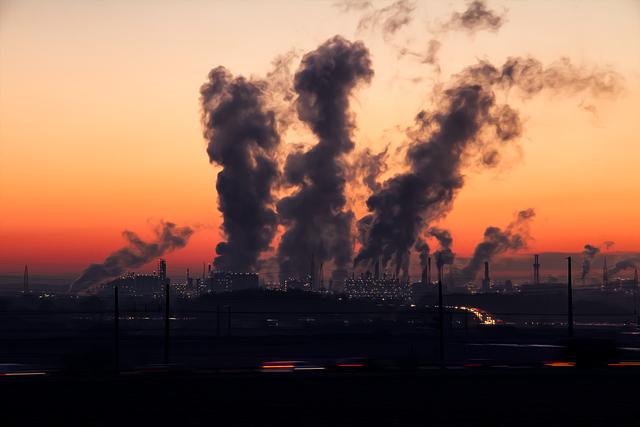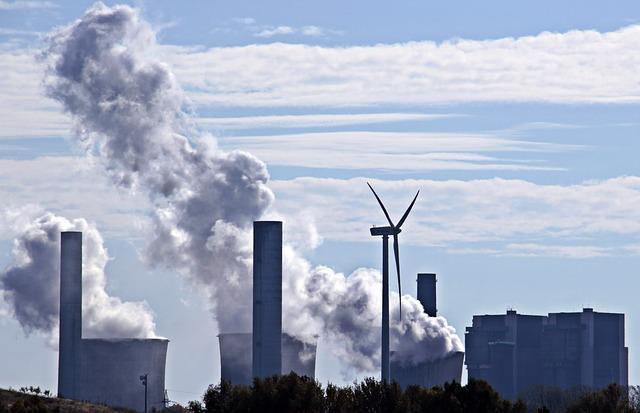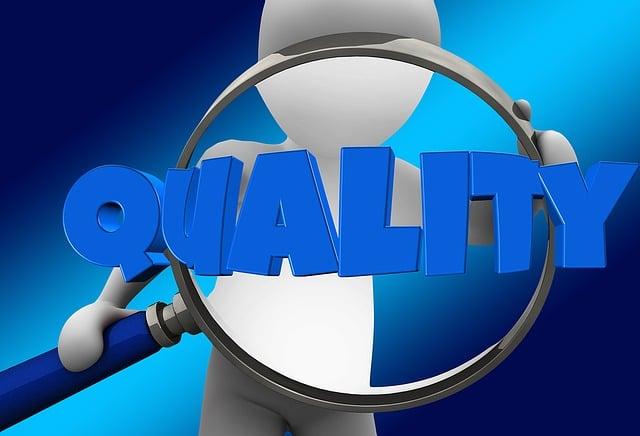- Introduction
- Causes of Air Quality Decline
- Effects of Poor Air Quality
- Solutions to Improve Air Quality
- Prevention Measures for Cleaner Air
- Conclusion
- FAQs
- References
Introduction
Air quality refers to the condition of the air within our surroundings. In recent years, there has been a concerning decline in air quality worldwide due to various factors. This article delves into the causes of this decline, its effects on health and the environment, as well as potential solutions and preventive measures.
Causes of Air Quality Decline

(Image: Pixabay/@Mohamed_hassan)
One of the primary reasons for the worsening air quality is air pollution. This pollution can arise from vehicle emissions, industrial activities, burning fossil fuels, and agricultural practices. These activities release harmful pollutants such as particulate matter, nitrogen oxides, sulfur dioxide, and volatile organic compounds into the atmosphere.
In addition to human activities, natural phenomena like wildfires, dust storms, and volcanic eruptions can also contribute to deteriorating air quality. Climate change is another factor that can exacerbate air pollution by altering weather patterns and increasing the frequency of extreme weather events.

(Image: Pixabay/@SD-Pictures)
Poor air quality can also be attributed to indoor sources such as smoking, cooking with biomass fuels, and using certain household products that emit volatile organic compounds. Indoor air pollution is a significant concern, especially in developing countries where access to clean cooking technologies may be limited.
Effects of Poor Air Quality

(Image: Pixabay/@NoName_13)
The consequences of declining air quality are far-reaching and impact both human health and the environment. Exposure to air pollutants can lead to respiratory problems, cardiovascular diseases, lung cancer, and other serious health issues. Vulnerable populations such as children, the elderly, and individuals with pre-existing conditions are particularly at risk.
Furthermore, air pollution can harm ecosystems, damage vegetation, pollute water bodies, and contribute to climate change. Acid rain, smog, and ozone depletion are some of the environmental consequences of poor air quality that threaten biodiversity and ecological balance.
Solutions to Improve Air Quality

(Image: Pixabay/@Myriams-Fotos)
To address the decline in air quality, it is imperative to implement sustainable solutions that reduce emissions and promote cleaner alternatives. Transitioning to renewable energy sources such as solar, wind, and hydropower can significantly diminish reliance on fossil fuels and lower greenhouse gas emissions.
Enhancing public transportation systems, promoting electric vehicles, and adopting energy-efficient practices in industries are crucial steps toward mitigating air pollution. Additionally, implementing strict emission standards, enforcing environmental regulations, and investing in green technologies can pave the way for cleaner air.
Prevention Measures for Cleaner Air

(Image: Pixabay/@Pexels)
Preventing air pollution requires collective efforts and individual actions. Planting trees, creating green spaces, and reducing waste can help absorb pollutants and improve air quality in urban areas. Proper waste management, recycling, and reducing plastic consumption can curb pollution levels and protect the environment.
Engaging in eco-friendly practices such as conserving energy, using eco-friendly products, and supporting sustainable initiatives can contribute to cleaner air and a healthier planet. Education, awareness campaigns, and community participation play a vital role in fostering a culture of environmental stewardship and promoting clean air policies.
Conclusion
In conclusion, the decline in air quality poses a significant threat to public health, ecosystems, and the planet as a whole. By understanding the causes, effects, and solutions related to air pollution, we can collectively work towards a cleaner and sustainable future. It is essential for individuals, communities, and governments to take proactive measures to combat air pollution and safeguard the quality of the air we breathe.
FAQs
How does air pollution affect human health?
Air pollution can cause respiratory illnesses, cardiovascular diseases, and other health problems due to exposure to harmful pollutants present in the air.
What can individuals do to reduce air pollution?
Individuals can reduce air pollution by using public transportation, carpooling, conserving energy, recycling, and supporting eco-friendly initiatives in their daily lives.

